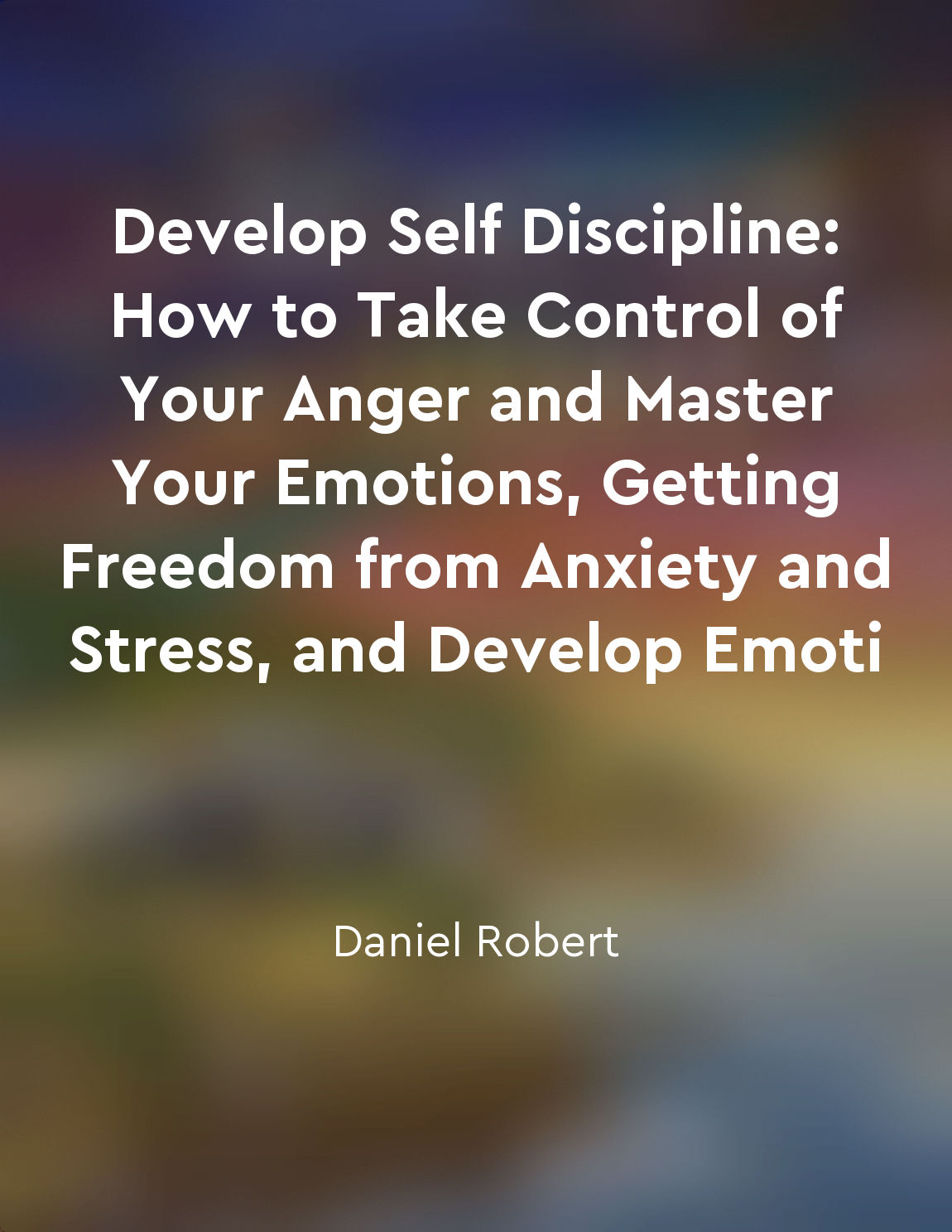Audio available in app
Developing emotional intelligence can lead to personal growth and fulfillment from "summary" of Emotional Intelligence by Judy Dyer
Developing emotional intelligence is a crucial aspect of personal growth and fulfillment. When we are able to understand and manage our own emotions, we are better equipped to navigate the complexities of life with resilience and grace. By cultivating self-awareness and self-regulation, we can develop the capacity to respond to challenges in a more constructive manner, rather than reacting impulsively out of fear or anger. Emotional intelligence also enhances our ability to empathize with others and build stronger, more meaningful relationships. When we can tune into the feelings and needs of those around us, we are better able to communicate effectively and resolve conflicts in a peaceful and respectful manner. This leads to deeper connections with others and a greater sense of belonging and community. Furthermore, developing emotional intelligence can help us to cultivate a sense of purpose and direction in our lives. When we are in touch with our core values and beliefs, we are better able to make decisions that align with our authentic selves, rather than being swayed by external pressures or expectations. This sense of clarity and alignment brings a deep sense of fulfillment and satisfaction, as we are living in accordance with our truest selves.- Emotional intelligence serves as a guiding compass that leads us towards personal growth and fulfillment. By honing our ability to understand and regulate our emotions, empathize with others, and stay true to our values, we are able to live more purposeful, connected, and meaningful lives. This journey of self-discovery and self-mastery is a lifelong process, but the rewards of increased happiness, resilience, and inner peace make it a worthwhile endeavor.
Similar Posts

Recognizing manipulation tactics
Manipulation tactics can be subtle and difficult to identify, but with the right knowledge and awareness, one can learn to reco...

Keeping a journal can help to track and analyze your emotional patterns
Keeping a journal can be a valuable tool in gaining insight into your emotional patterns. By jotting down your thoughts and fee...

Conflict resolution involves finding common ground and compromise
According to Robert Larson, conflict resolution is a process that requires individuals to work towards finding common ground an...
Pushing boundaries for love
In the world of science, boundaries are essential. They define the limits of our knowledge and understanding, guiding our explo...

Cultivate resilience to overcome challenges
Resilience is the ability to bounce back from setbacks. It’s not about avoiding challenges; it’s about overcoming them. Life is...
Social hierarchies can influence behavior and attitudes
Social hierarchies play a crucial role in shaping human behavior and attitudes. People are constantly navigating various social...
Emotional intelligence can be cultivated through practice and awareness
Emotional intelligence is not a fixed trait that we are born with and cannot change. It is a dynamic quality that can be develo...
Emotional intelligence can be learned and developed over time
The idea that emotional intelligence can be learned and developed over time is a key concept in the book "Inteligencia emociona...
Comunicación emocional fortalece vínculos afectivos
The concept that emotional communication strengthens emotional bonds is a fundamental aspect of relationships. When we express ...
Autogestión emocional mejora desempeño laboral
The ability to manage our emotions plays a crucial role in our performance at work. When we are able to understand and control ...

